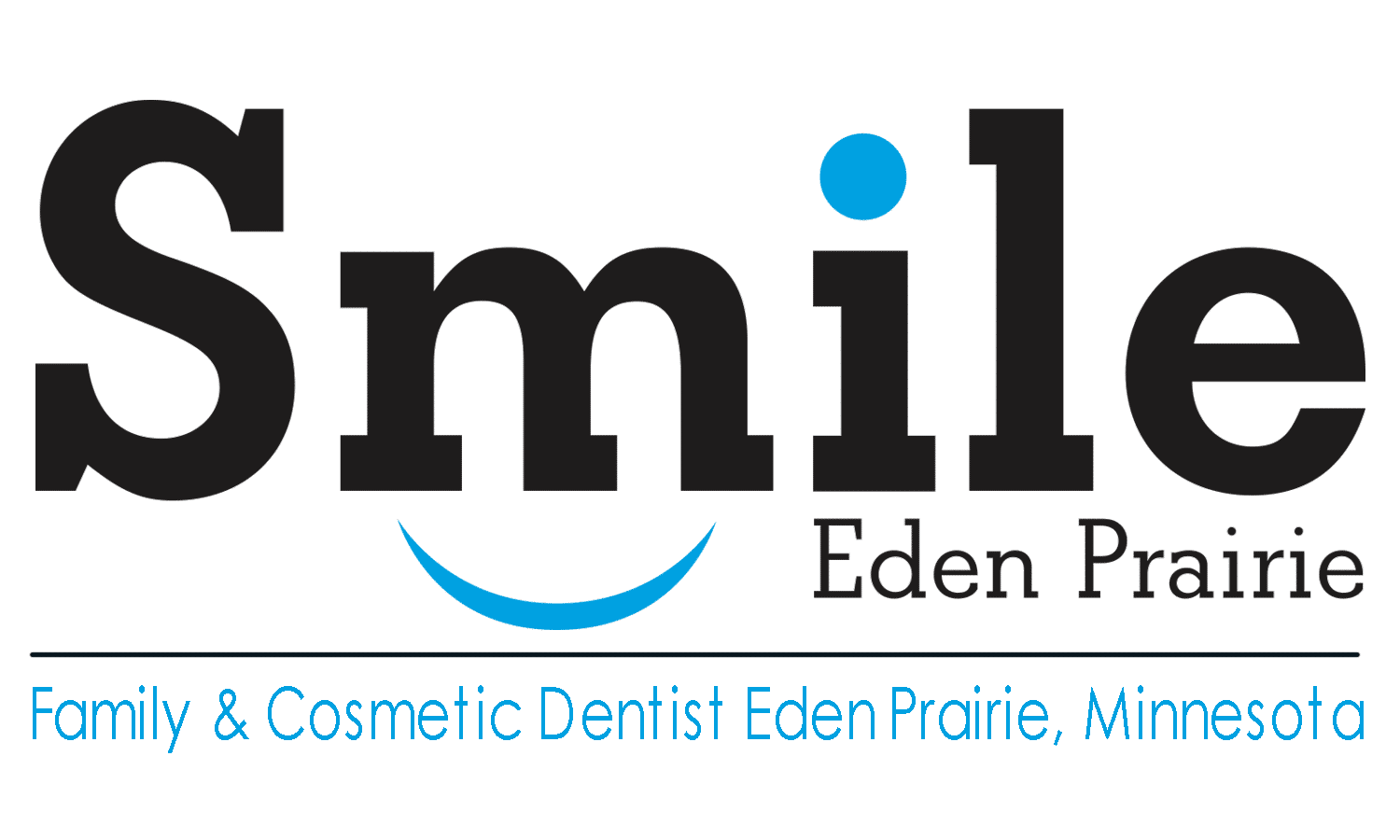Types of dentures
If you are either missing teeth or preparing for an oral surgery that involves tooth extraction, you may be wondering what your options are for replacement. Today, there are a number of alternatives in the vast array of modern eden prairie dentures, all of which are outlined here.
Types of full dentures
Full dentures are used when a patient does not have any teeth remaining. They include the following:
- Traditional complete full dentures are composed of an acrylic base that fits over the gums and palate (the roof of your mouth). Typically, these can be used as soon as two to three months following tooth extraction, once healing is complete. While the replacement teeth in traditional full complete dentures are typically made of acrylic or nylon, another option are custom dentures, which are made of materials such as porcelain or advanced composite material that look and feel more like regular teeth. These premium materials are more expensive, but some find that the natural look and feel is worth the cost.
- Temporary or immediate dentures are another type of full dentures that are similar to traditional complete full dentures in that they are meant to be used by patients with no remaining teeth. Furthermore, they are designed to be used immediately after surgery, aiding in the healing process by protecting the extraction surface and providing immediate cosmetic benefits, as well. While immediate dentures are designed for temporary use, they can be modified with a hard reline two to three months following extraction, once the healing process is complete, to incorporate a more lasting, firmer acrylic component to effectively convert them into more permanent dentures.
- Overdentures or “implant supported dentures” can be used as a full or partial denture solution that cover the gums as traditional complete full dentures but are held in place by implants. This creates a removable denture that is more stable than the traditional full dentures, allowing for better control while chewing and talking. Because overdentures rely on dental implants, however, the implants have to be installed before the dentures can be used.
- While economy dentures are one final choice for full dentures, these are not generally recommended, as dentures are meant to be custom-made dental appliances that fit all the unique curves and contours of your mouth. While this is a very cost-effective solution, is not a comfortable one, as the fit is generic and may be very irritating to your cheeks and gums. They also offer the poorest cosmetic outcome, as the replacement teeth are very generic and could be larger, smaller, or differently shaped than your former teeth.
Types of partial dentures
- Partial dentures can be used when there are existing teeth available to anchor the dentures to, which allows them to be smaller and more streamlined. Partial dentures are composed primarily of acrylic and a thin metal framework and are easily taken in and out.
- Similarly, snap-in dentures are partial dentures that can operate almost to the extent that full dentures can, utilizing existing teeth or dental implants for support. This makes them a stable and convenient choice for those who need to replace a large number of teeth.
- Upper dentures are exactly what the name implies – dentures that are designed for use on the upper part of the jaw. While they can be used in conjunction with lower dentures, upper dentures do not have the same degree of float that lower dentures do and are therefore designed to fit more snugly and with more adhesion that lower dentures.
The best way to determining what kind of dentures would be best for you is in consultation with your dentist. By examining your unique situation and budget, she or he will be able to help guide you to the decision that is right for you.
More on Dentures : Partial Dentures
